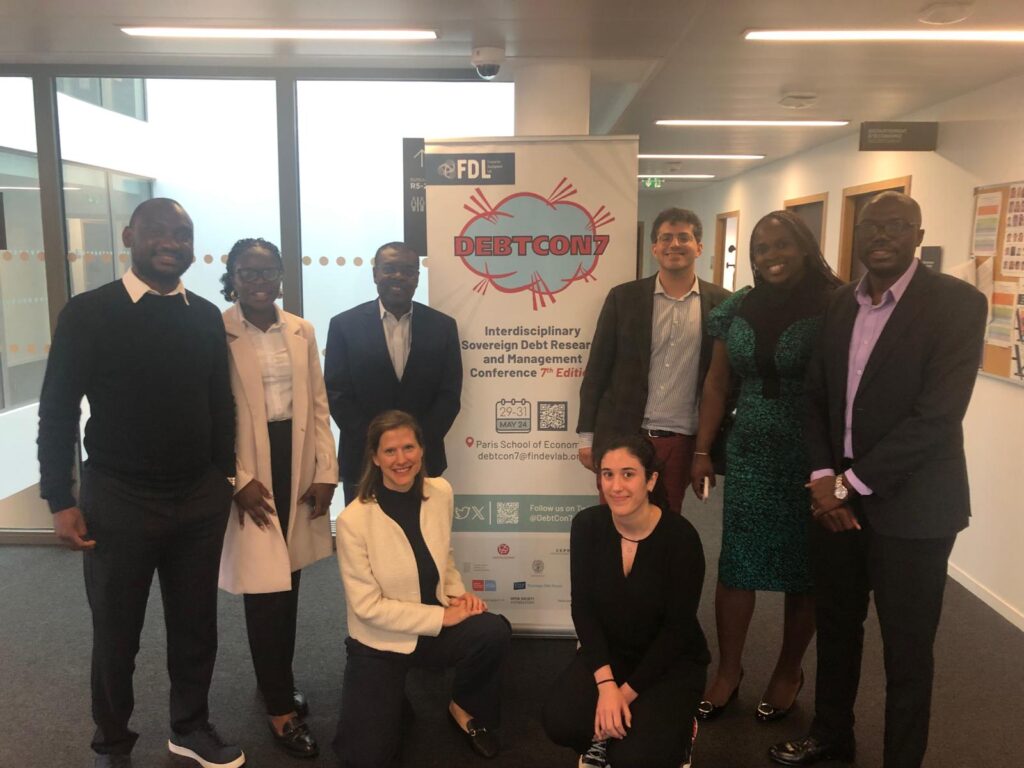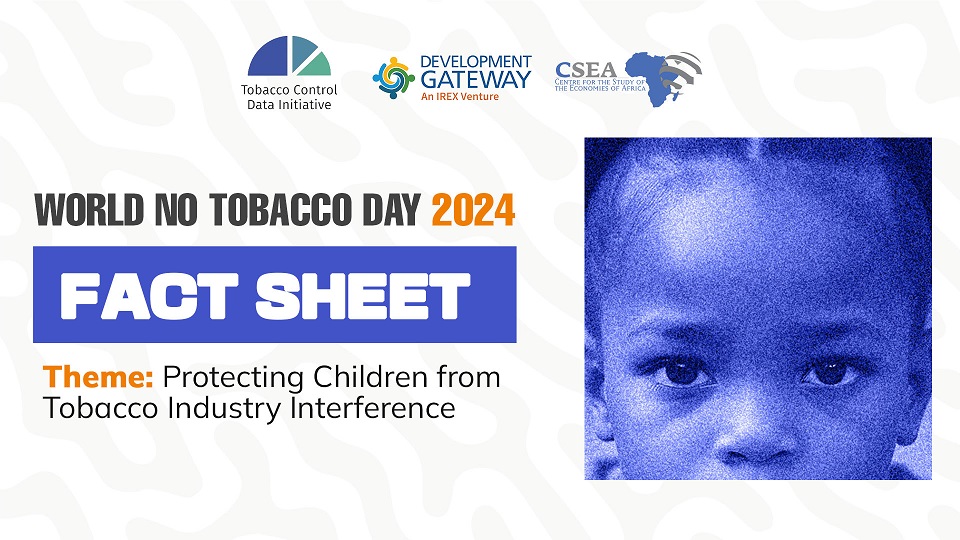Eight Key Takeaways from DebtCon7
The Finance for Development Lab and the Paris School of Economics hosted the 7th edition of the Interdisciplinary Sovereign Debt Research and Management Conference (#DebtCon7), from May 29 to 31, 2024, at the Paris School of Economics.
The conference brought together scholars, civil society representatives, and practitioners from the public and private sectors who work on sovereign debt, to help find creative solutions for urgent debt policy challenges.
Day one of the conference provided a platform for African think tanks to discuss new and emerging solutions to countries indebtedness. CSEA’s Senior Research Fellow, Mma Amara Ekeruche, presented the Centre’s plan for a newly commissioned study on Debt Sustainability Analysis (DSA).
The study aims to improve the mechanisms of the current Lower-Income Countries’ Debt Sustainability Framework (LIC-DSF) andDebt Sustainability Analysis for Market-Access Countries (MAC DSA), by undertaking a historical examination of DSAs since 2005 and leveraging on insights from country officials. The overall outcome is to provide an alternative to the existing DSA framework.
Here are eight key takeaways from her participation in the conference:
1. Bad fiscal policy is not the only reason for the rising indebtedness, the balance sheet effects of currency depreciations are also a key driver particularly in the context of high external loans.
2. Improvements in restructuring whether nominal haircut restructuring or reprofiling is possible by adopting Collective Action Clauses (CACs) and/or engaging in Debt for Nature Swaps particularly before the high yielding debt becomes excessive. However, CACs cannot be integrated into some forms of loans such as syndicated loans and quasi debt. In such cases, legal reforms should be proposed and the best places to begin are countries that are well integrated into the international trade and financial systems.
3. On climate-smart debt management, solutions include: (i) Climate-resilient clauses in official and commercial loans (ii) Catastrophe-Deferred Drawdown Options (CAT-DDO’s) (iii) Catastrophe bonds and (iv) KPI bonds whose interest rates reduce once emission targets are met.
4. Issues with “new” innovations. State-Contingent Debt Instruments (SCDI) are value recovery instruments – creditors get higher yields when the state variable (e.g., oil price, GDP growth) improves. However, SCDIs have very low liquidity, are traded at low prices, and in most cases, their valuation is not backed by science. Another issue with new inventions is the proliferation of climate funds – there are now 70 of them!
5. Debt gone wrong: Congo vs Commisimpex- Here, Congo took on an oil-backed supplier credit in 1986 and did not fulfil its debt obligations. Fast forward to nearly 4 decades after, the debt obligation has morphed into 675 million Euros and the International Court of Arbitration has mandated that Congo makes the payment.
6. The European Bank for Reconstruction and Development (EBRD) is expanding its portfolio to emerging markets including Nigeria and a few other African countries. Their main aim is to lend to SMEs through African financial institutions.
7. Debt is now being considered as “investment” by some courts which makes it possible for creditors to collect debt claims by leveraging on investment treaties.
8. Trade is the most likely solution to the reoccurring debt problem in many African countries as exemplified by Mexico with North American Free Trade Agreement (NAFTA).


 English
English
 Arab
Arab
 Deutsch
Deutsch
 Português
Português
 China
China




